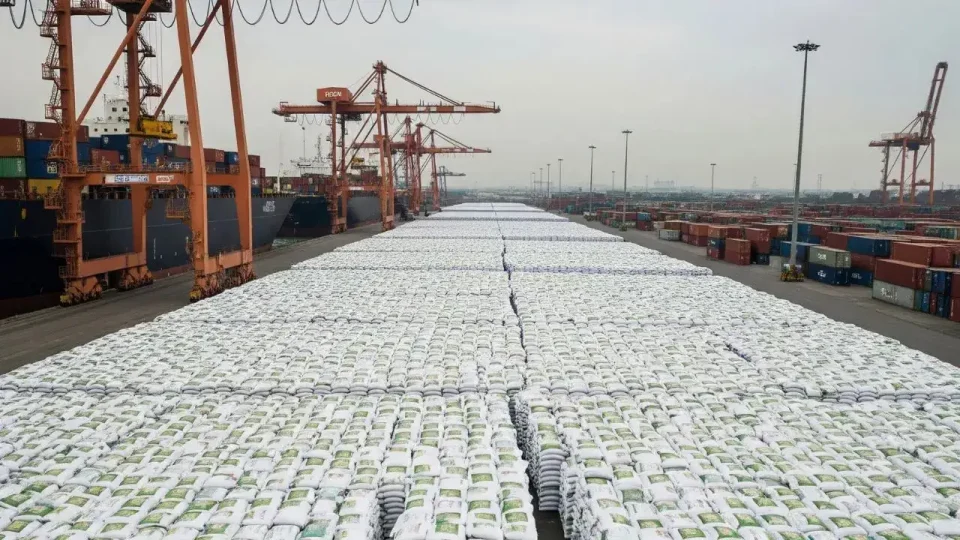The ongoing conflict between Iran and Israel has led to significant disruptions in shipments of Indian basmati rice, with around 100,000 tonnes stranded at Gujarat ports. This situation, affecting a substantial portion of India’s basmati exports to Iran, has raised concerns among exporters regarding financial losses and trade instability.
Kandla and Mundra Ports Choke Amid Shipping Paralysis:
Exporters Face Financial Crunch as Domestic Prices Drop:
The trade impasse is already impacting domestic prices, with basmati rice rates falling by ₹4–5 per kg, according to Goyal. This decline is attributed to a glut in supply caused by the stranded cargo, as well as anxiety over future orders amid ongoing uncertainty.
Industry in Dialogue with Government
AIREA has reached out to the Agricultural and Processed Food Products Export Development Authority (APEDA) and is set to meet Union Commerce and Industry Minister Piyush Goyal on June 30 to seek intervention.
- Diplomatic engagement to open humanitarian trade corridors.
- Government-backed insurance or risk coverage schemes.
- Temporary financial relief or credit extensions to ease liquidity stress.
India’s Commerce Ministry has not yet issued an official statement, but officials say they are monitoring the situation closely.
Broader Trade and Strategic Implications
The Israel-Iran conflict has already seen intensified military strikes and US involvement, raising fears about the potential closure of the Strait of Hormuz, through which nearly 20 per cent of global oil flows. While India’s primary concern has been energy supply security, this latest incident highlights the vulnerability of India’s export sectors to geopolitical disruptions.
Conclusion: A Crisis Beyond Borders:
The stranding of 100,000 tonnes of basmati rice is not merely a trade bottleneck—it is a symbol of how deeply interconnected global politics and local economies have become. For India, which is positioning itself as a global agricultural powerhouse, the episode serves as a stark reminder that export growth is hostage to international stability.


